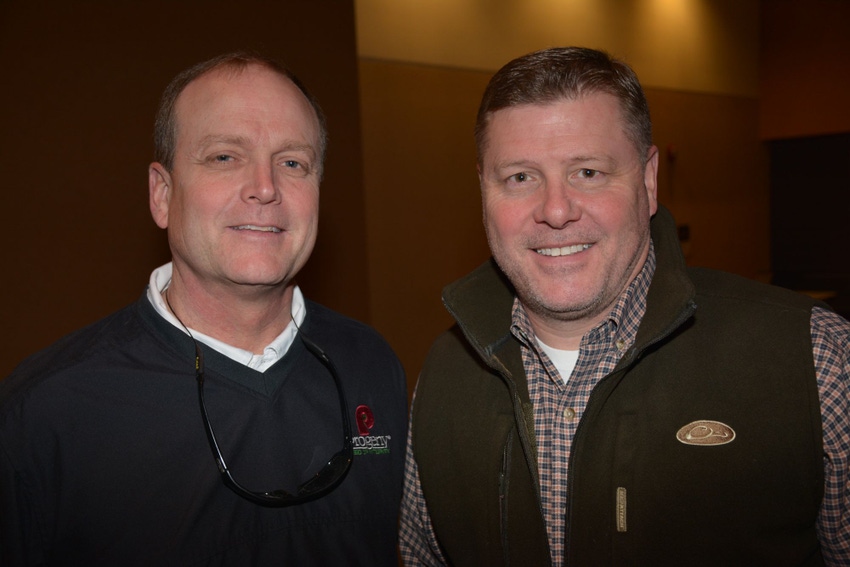February 17, 2017

Two congressmen from opposite sides of the aisle and very different regions of the country have filed a bill aimed at making it easier for farmers to apply for conservation programs administered by USDA.
Rep. Rick Crawford, R-Ark., and Rep. Ann McLane Kuster, D-N.H., introduced the Improving Access to Farm Conservation Act or H.R. 1163 to ease the financial reporting requirements for farm conservation programs administered by USDA’s Natural Resources Conservation Service.
The new bill would address an “unintended consequence” of federal law governing the structure of farm organizations. Although they are family farms; i.e., owned solely by family members, many farming operations have organized themselves as business entities for legal purposes. Federal law requires those to provide much more information to USDA than individuals.
“If we want more producers to engage in conservation efforts, we’ve got to make sure that it makes financial sense for them to do so,” said Rep. Crawford, who represents the heavily agriculturally-oriented area of eastern Arkansas.
“While well-intentioned, we’ve learned that the DUNS/SAM reporting requirements pose an unnecessary burden on producers and made it much harder for farmers to participate in conservation programs. Our bill will remove these requirements so that our farmers can focus on implementing conservations strategies, instead of having to worry about complying with costly regulatory mandates.”
Farmers and ranchers voluntarily participate in the wide range of conservation programs offered through NRCS; many of these programs offer a cost-share payment which helps producers with the cost of implementing conservation measures. However, small farmers registered as business entities are inadvertently forced to comply with an annual federal reporting regulation that is time consuming, difficult to navigate, and costly to comply.
“New Hampshire’s identity is deeply rooted in our state’s beautiful open spaces and our rich tradition of agriculture,” said Congresswoman Kuster. “If we can encourage farmers to protect their farm land in a way that keeps them competitive and in business, that’s a win-win for farmers and our state. It’s commonsense that small family farms shouldn’t be subjected to the same reporting regulations as large Federal contractors, and this legislation will cut red tape for New Hampshire farmers who want to access important voluntary conservation programs.”
Many of NRCS’ programs offer a cost-share payment which helps farmers with the cost of implementing these conservation measures. Programs like the Environmental Quality Incentives Program (EQIP) focus on planning and implementing conservation measures that improve soil, water and plant quality on agricultural land. EQIP can also help producers meet Federal, State and local environmental regulations.
The Improving Access to Farm Conservation Act would cut administrative red tape and lift a burdensome regulation that acts as a barrier to entry for similar NRCS programs.
For more information, visit http://bit.ly/2m3vSmZ.
About the Author(s)
You May Also Like






